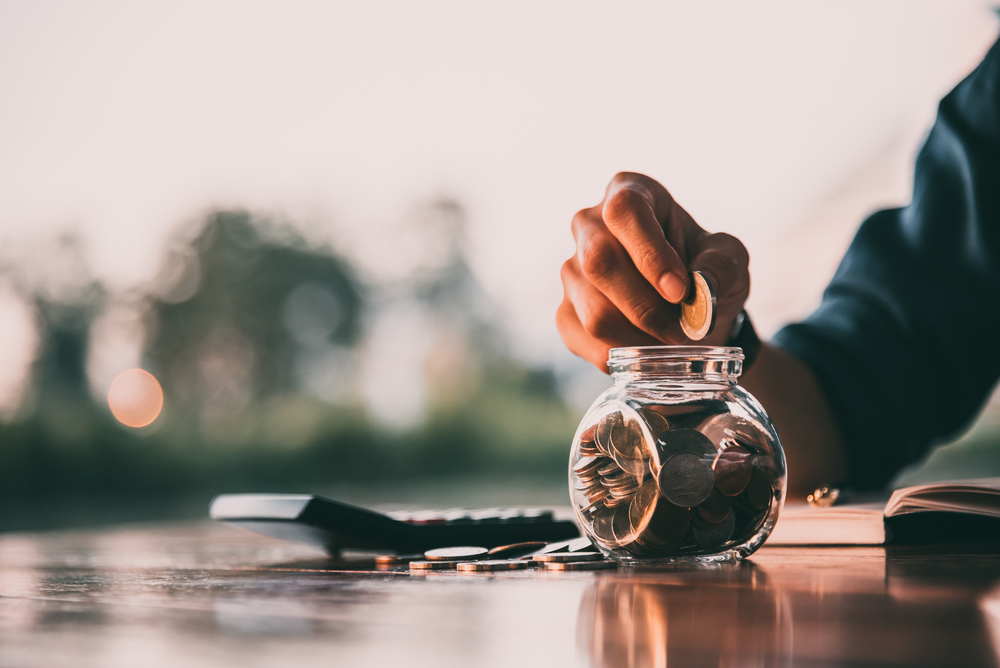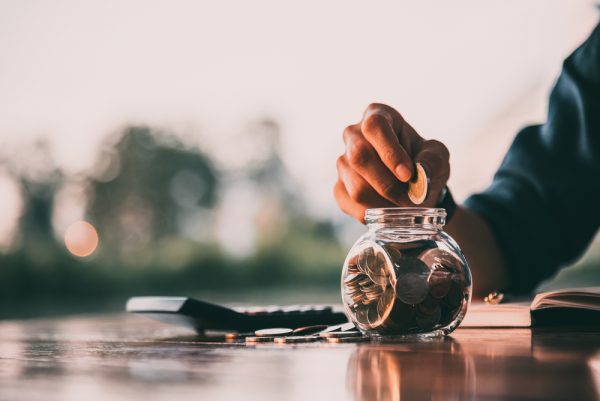Financial Literacy is referred to as the ability to make informed judgments and to take effective decisions regarding the use and management of money. As little children, we were trained through various institutions of socialization and we developed skills from all we unconsciously learnt, as knowledge is developed by contacting, observing, interacting. I remember watching my older sibling drop wads of cash and coins into her piggy bank and would use the money later for Christmas goodies. Indirectly, I became convinced that in order to invest in those goodies, I had to save up my extra funds.
Most times, people are confused by the various options of savings and tend to think that their preferences and priorities often lie in other places than in making savings for a distant future. Savings can be obstructed by immediate needs having to be met out of income. True, phrases like “I would rather enjoy my life than save” has influenced most people to favour building a spending culture than that of savings.
As the world celebrates the World Savings Day, 31 October 2017, a day established on the 31 October 1924, during the 1st International Savings Bank Congress, to inculcate into the minds of people the thoughts of saving worldwide and the relevance on the economy and the individual. Let us take a look at simple ways of saving.
In order to be able to save, you may have to reduce your current consumption on food items. A lot of people assume that you had to have the surplus for you to save, this is not true. Yanto, J. (2013) in his book titled “Investment handbook” recommended that to be financially secure, an individual or household should save at least 10 – 20 percent of net income.
Here are a few tips highlighted that you may follow:
- Try putting all your loose change into a purse or a box, every day. Judiciously make use of the extra changes you spend daily. Once in a while, deposit the money into your savings account and watch the money grow.
- Also, try to set aside a certain amount of money from your income or salaries for savings, you may decide to do this after you have settled all your bills for the month. Most times however in Nigeria, this practice does not work because there is usually nothing left when you are done.
- Pay yourself first. Who did all the work? You right, this I tell you is the best strategy for savings. What it means is that you designate a certain amount of your income as your pay and then settle your bills or debts. This amount may be as little as N100 or a certain percentage of your salaries. You can develop an automatic way of doing this. Maybe, mandate your bank to make deductions of the amount into your savings account.


